You and I are a lot alike. Really, we are. First of all, we’re human. That one’s pretty obvious, right? Second, we have emotions. Third, we both started out as little people. Very little. So, little that we were thrashing around in this sac of liquid for a little while that was actually INSIDE of another person. Amazing! See? We’re connected. We’ve experienced a lot of the same things.
One of those “things”, fortunately or unfortunately, happens to be failure. Now, this may be where we begin to become a bit different. I grew up terrified of failure. I wasn’t scared of it because I didn’t like breaking things or because I thought the world was going to explode. I was scared of it because of what people were going to think or say. I grew up in a family with a lot of aunts and uncles. When something happened to one of us, our parents would inevitably go to one of their brothers and sisters for advice, to discuss their disappointments and how to handle it. As kids, we didn’t see it that way of course. We simply thought that they were ratting on us and intentionally trying to embarrass us in front of the entire family. So, I was scared to fail because I thought that when I failed, the entire family would then begin to look at me as just that…a failure. Funny thing is that the more and more that you try to be perfect, the more things don’t work and you begin to fail and get caught up in BIG failures. You begin to feel the pressure of NOT trying to fail or more truthfully, not getting CAUGHT failing and so you begin to CHOKE when the moment arrives. This is not every time, of course. But, enough to make you realize that there is a problem, Houston.
I figured out the problem. I never learned how to fail correctly. I never learned how to fail with grace. I never learned how to translate the glares or the presumed thoughts of others into THEIR perspective and not mine. OK OK OK. We’ve definitely heard that ‘sticks and stones, blah blah blah’ stuff. But, there was a lie that we were told. Names DO hurt. Words DO hurt and what we were told pretty much amounted to “get over it.”
[Tweet “Learning how to fail CORRECTLY at an early age is important”] We were not taught how to fail correctly and to deal with what others placed on us as a result of failure. And honestly, the weight of what others place on us, if we allow them to, can be pretty heavy. So, learning to FAIL correctly from an early age is an important thing. Actually, let me modify that statement a bit. When we are babies, we actually DO know how to fail correctly. We push up, we crawl, we try to walk and we fall, we mumble words and mess them up until we get them right without fear of consequence. At that point, it’s simply a matter of growth and survival. Technically, there are consequences if we never get it right but we are not concerned about that.So, how do you FAIL CORRECTLY??
1. You choose RESULTS
You choose to go for a specific result and know that on the way, there will be some spills. But, those spills do not mean the ROAD has ended.
2. You choose GROWTH
You choose to realize that the end result of your journey means that you are going to be better than when you started. The spills, the bumps, the bruises, all contribute to your growth. It’s like shredding muscle so the new muscle, the bigger muscle, the stronger muscle can take it’s place.
3. You accept the process of learning
You understand that you don’t know everything yet and this just is helping you to know more, to understand more, to experience things that you may not have experienced as yet. This all equals great, new learning.
4. You choose to realize that your journey is unique and the successful journeys of others are there as guidance.
You may look at what others have done and realize that they have failed 4 time while you have failed 7. This doesn’t mean that you have ultimately failed. It simply means that you have a different journey even though the results may be similar or the finish line may be at the same location. You have a different shoe size, a different gait, a different way to do it. It’s yours. Own it! Every part of it.
5. You prepare for the possibility.
Go in knowing that failure might happen. If it does, what are you going to do? Plot your path. Determine that you will not quit. If your tire has a flat driving down a road of nails, make sure that you have a couple of spares. If you use up the spares, have great walking shoes. If the walking shoes wear out, be ready to embrace a little bit of pain but don’t give up. Know your next move.
What’s next? Go forward. As someone once said, FAIL FORWARD!
How ready are you to fail? Tell me your best FAIL story in the comments.
**Oh yeah, let me share a quick video about failure from my 28 Days groups**



Indeed, Robert! Failure is not optional – it’s an important part of the process. But the key is being able to look back at the failure (maybe once the sting is gone a little) and see what you can learn from the failure. Figure out what you can do differently in the future to succeed. And then, do it! 🙂
I can’t think right now of a good failure story, but I sure have a ton of them. Well, I guess, every audition I’ve done that I have not booked the job from, is a sort of failure. Like, if I got nervous and it showed, and clearly wouldn’t get the job, I consider that a “fail”. But now, another thing I do when I go to an audition, is I try to think of ways to come out with a feeling of success either way. I focus on one thing I can do differently than before, something that if I achieve, I can leave feeling good about it, whether or not I book the job.
I’m sure I could think of many failures, and what I’ve learned from them. But I just don’t have that amount of time to type them all out! 😉
Take care,
Jill
Thanks Jill!! I love your comment about looking for ways to come out feeling successful despite the result of the audition. That’s a powerful mindset to have.
It’s crucial to see every failure as a learning opportunity. To grow and learning during and after it has happened. Great post!
Thanks Dan!! It definitely is. I’m learning that failure is expected and we should prepare for it and treat it as a necessary part of our growth process.
I agree!